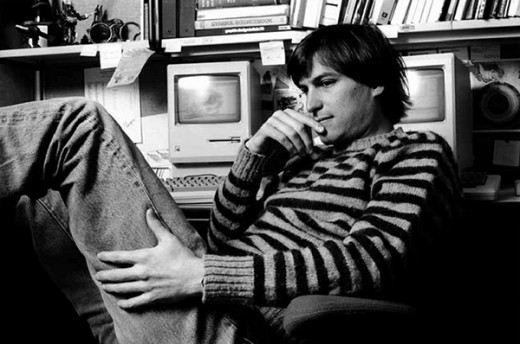At Forbes, Eric Jackson considers Apple in the post-Jobs era in conversation with analyst Horace Dediu, who smartly challenges how we’ve historically viewed the company. An excerpt:
Question:
Turning to Apple, where is it at right now as a company in this post-Steve Jobs period?
Horace Dediu:
Still too early to tell. They seem to be cooking a lot of things and the great experiment of whether a company can be Jobsian without Jobs is still going on. I have been trying to put together a picture of how it operates. It’s hard because that’s their biggest secret. It’s also a picture that few people have ever seen, even those who worked there a long time. The glimpses so far are tantalizing but there is so much we don’t know and thus can’t assess how robust it is. One thing that is clear to me is that there is no absorption by mainstream observers of what makes Apple tick. It’s hiding in plain sight because what it is isn’t anything anyone can recognize. Case in point is the functional and integrated dimensions. It’s the largest functional organization outside the US Army and more integrated than Henry Ford’s production system. Just describing it sounds medieval and it’s so far outside convention that it’s not something reasonable people are willing to believe actually exists.
Question:
Is Tim Cook the right CEO for the company at this time?
Horace Dediu:
I hold the belief that he’s been CEO for much longer than it seems. Jobs was not a CEO in any traditional sense. He was head of product and culture and all-around micromanager. He left the operational side of the company to Cook who actually built it into a colossus. Think along the lines of the pairing of Howard Hughes and Frank William Gay. What people look for in Cook is the qualities that Jobs had but those qualities and duties are now dispersed among a large team. The question isn’t whether Cook can be the ‘Chief Magical Officer’ but rather whether the functional team that’s around Cook can do the things Jobs used to do.
Look at it another way: I subscribe to the idea that any sufficiently large company is a _system_ and needs to be analyzed using a lost art called ‘Systems Analysis’. This is a complete review of all parts and the way they inter-relate. However, since for most of its life Apple was _personified_ as an individual, what came to pass for Apple analysis was actually the psychoanalysis of that individual. It makes for great journalism and best selling books. It’s also banal and with almost certainty wrong. The proof is in the vastness of complexity and number of people involved. Engineers tend to think about constraints and the constraints on companies are innumerable.•

